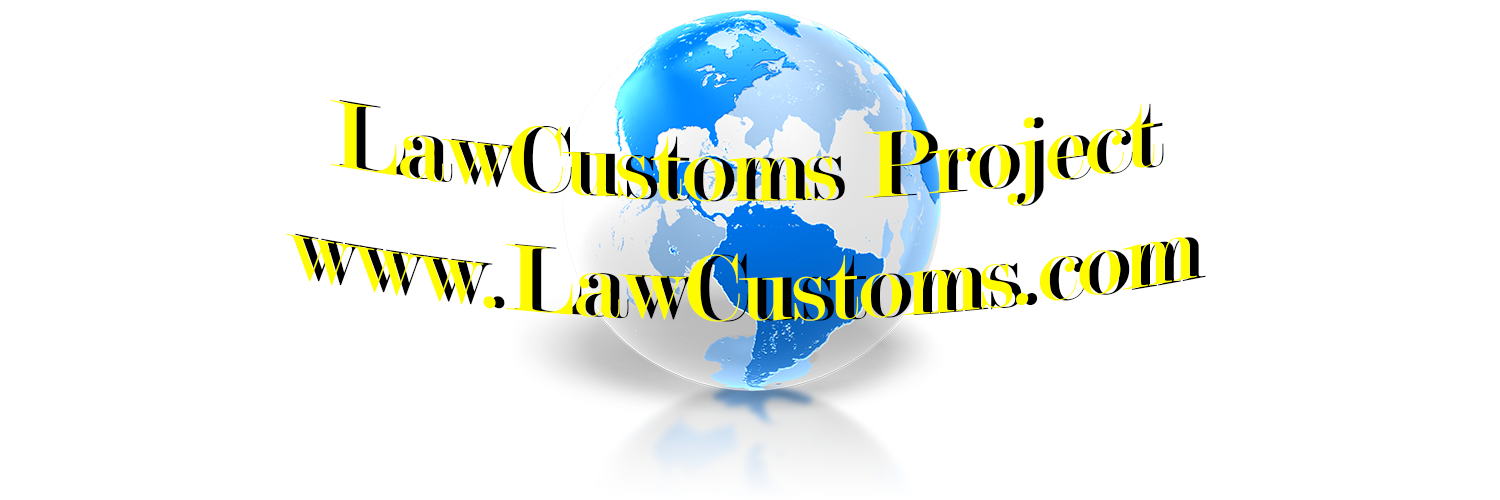 Customs and Border Protection (CBP) scrutiny over intellectual property rights (IPR) is on the rise. CBP reports on seizures are increasing and the agency begins incorporating IPR issues in the customs broker examination. Since the IPR area is relatively complex, one may need to keep abreast of legal jurisprudence when CBP begins IPR inquiry of imported goods. IPR primarily include three major areas: trademarks, copyrights, and patents. Another area that does not come up as often includes trade secrets.
Customs and Border Protection (CBP) scrutiny over intellectual property rights (IPR) is on the rise. CBP reports on seizures are increasing and the agency begins incorporating IPR issues in the customs broker examination. Since the IPR area is relatively complex, one may need to keep abreast of legal jurisprudence when CBP begins IPR inquiry of imported goods. IPR primarily include three major areas: trademarks, copyrights, and patents. Another area that does not come up as often includes trade secrets.
Importers of copyrighted material are now well positioned to assert “First Sale” rule if those importers are bringing “copyrighted work lawfully made abroad.” According to the U.S. Supreme Court Ruling in Kirtsaeng v. John Wiley & Sons, Inc. (2013) the purchaser of a lawful copyrighted work abroad (e.g. a book from an American publisher who lawfully sold it in Thailand) has a lawful right to bring it into the United States because “the owner of a particular copy or phonorecord lawfully made under this title . . . is entitled, without the authority of the copyright owner, to sell or otherwise dispose of the possession of that copy or phonorecord.” Id. citing Section 109(a) of the Copyright Act. But watch out for situations of unlawful copies made abroad or copyright licenses as opposed to ownerships – to these situations First Sale would probably not apply!
Thus, even if the copyright owner states something as follows: “This book is authorized for sale in Europe, Asia, Africa, and the Middle East only and may be not exported out of these territories. Exportation from or importation of this book to another region without the Publisher’s authorization is illegal and is a violation of the Publisher’s rights. The Publisher may take legal action to enforce its rights. . . . Printed in Asia,” these statements are invalidated by the “first sale” doctrine.
Importers should be mindful, that CBP’s IPR probe may not be limited to copyrights. The inquiry may concern a blend of IPRs such as patent / trademark / copyright combinations.
